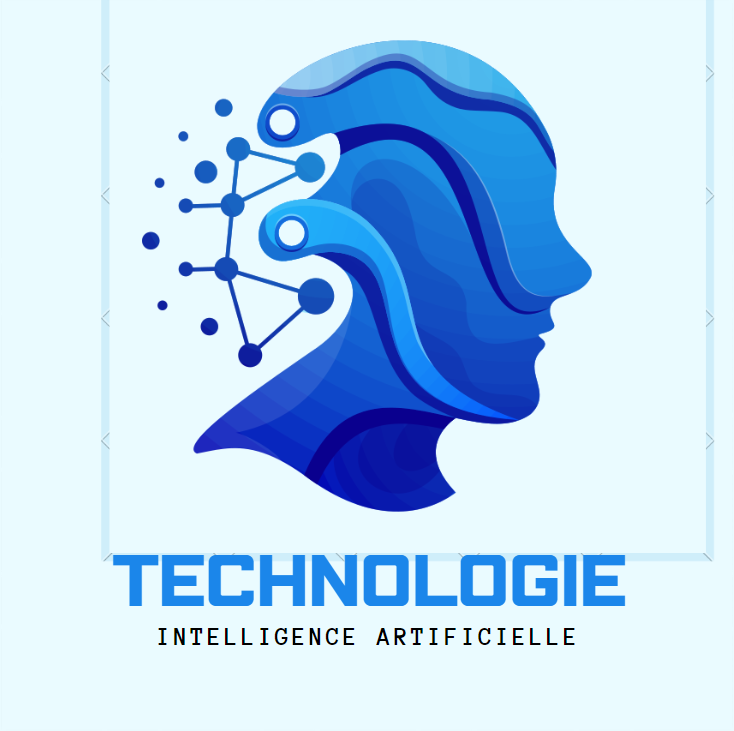Introduction to ethics of technology
The ethics of technology examines the moral implications and considerations surrounding the development, deployment, and use of technology in society.
 |
| Ethics of technology |
It delves into questions of right and wrong, fairness, accountability, and the impact of technological advancements on individuals, communities, and the environment.
what is ethical technology?
Ethical technology refers to the development, deployment, and use of technology in a manner that aligns with ethical principles, values, and norms. It involves designing and implementing technology in ways that prioritize the well-being of individuals, communities, and the environment, while minimizing harm and promoting fairness, accountability, and transparency.
Why is technology ethics important?
Technology ethics is important for several reasons:
- Protecting Human Rights: Ethical considerations ensure that technology respects and upholds fundamental human rights, such as privacy, freedom of expression, and equality. By prioritizing human rights, technology can contribute to a more just and equitable society.
- Minimizing Harm: Ethical technology aims to minimize harm to individuals, communities, and the environment. This includes avoiding negative consequences such as discrimination, surveillance, and environmental degradation that can arise from irresponsible or unethical use of technology.
- Building Trust: Ethical behavior fosters trust among users, consumers, and stakeholders. When individuals and organizations can trust that technology is being used in a responsible and accountable manner, they are more likely to engage with it and benefit from its potential.
- Promoting Innovation: Ethical guidelines and principles can spur innovation by providing a framework for responsible experimentation and development. By encouraging ethical innovation, technology can address societal challenges and contribute to positive social change.
- Ensuring Accountability: Technology ethics holds individuals, organizations, and governments accountable for their actions and decisions related to technology. This accountability helps to prevent abuses of power, ensure transparency, and promote responsible behavior in the technology sector.
- Addressing Inequities: Ethical technology seeks to address inequalities in access to and benefits from technology. By promoting fairness and equity, technology can become a tool for empowerment and inclusion, rather than exacerbating existing disparities.
- Safeguarding Democracy: Ethical technology plays a crucial role in safeguarding democratic principles such as transparency, accountability, and freedom of expression in the digital age. By combating misinformation, protecting privacy, and promoting informed civic engagement, technology can support democratic institutions and processes.
- Preserving the Environment: Ethical considerations in technology development and use help minimize the environmental impact of technological activities, such as energy consumption, electronic waste, and resource depletion. By promoting sustainability, technology can contribute to a healthier planet for future generations.
Overall, technology ethics provides a framework for responsible innovation and use of technology, ensuring that it serves the common good and respects the dignity and rights of all individuals. In an increasingly interconnected and technologically driven world, technology ethics is essential for guiding the development and deployment of technology in ways that benefit society while minimizing harm.
What are the different types of ethics in technology ?
In the realm of technology, various types of ethics guide decision-making, development, and usage. Here are some of the prominent types:
- Computer Ethics: This branch focuses on ethical issues specific to computing and digital technologies. It addresses topics such as computer security, intellectual property, privacy, and digital rights.
- Information Ethics: Information ethics deals with ethical issues related to the gathering, storage, manipulation, and dissemination of information, particularly in digital form. It explores questions of data privacy, information access, censorship, and the impact of information technologies on society.
- AI Ethics: Artificial intelligence (AI) ethics examines the ethical implications of developing and deploying AI systems. It considers issues such as algorithmic bias, transparency, accountability, and the societal impact of AI technologies.
- Robotics Ethics: Robotics ethics focuses on ethical issues arising from the design, development, and use of robots and autonomous systems. It addresses questions of robot rights, human-robot interaction, safety, and the ethical treatment of robotic entities.
- Biotechnology Ethics: Biotechnology ethics deals with ethical issues related to the use of biological technologies, such as genetic engineering, cloning, and biobanks. It examines questions of biosecurity, informed consent, genetic privacy, and the ethical boundaries of manipulating living organisms.
- Environmental Ethics: Environmental ethics in technology considers the ethical implications of technological activities on the environment. It addresses issues such as pollution, resource depletion, electronic waste, and sustainable technology development.
- cybersecurity Ethics: Cybersecurity ethics explores the ethical considerations surrounding the protection of digital systems, networks, and data. It examines questions of responsible disclosure, vulnerability disclosure, cyber warfare, and the balance between security and individual liberties.
- Business Ethics in Technology: Business ethics in technology focuses on ethical issues within the technology industry, such as corporate responsibility, fair competition, intellectual property rights, and ethical marketing practices.
- Professional Ethics: Professional ethics in technology pertains to the ethical responsibilities of individuals working in technology-related fields, such as software engineers, IT professionals, and data scientists. It includes adherence to professional codes of conduct, integrity, and accountability in professional practice.
These types of ethics intersect and overlap, reflecting the complex ethical landscape of technology in modern society. They provide frameworks for ethical decision-making and guidance for addressing ethical dilemmas that arise in technological innovation and use.
conclusion: Ethics in technology is vital for safeguarding human rights, promoting accountability, and mitigating harm. It guides responsible innovation, fosters trust, and ensures that technology serves the common good while respecting individual autonomy and dignity. Embracing ethical principles in technology development and usage is essential for creating a more equitable, transparent, and sustainable digital future.
